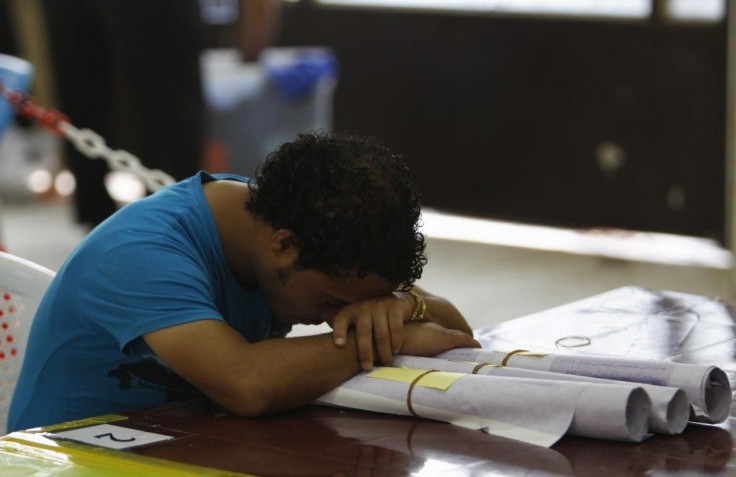Australia's UOW Says Sleep Could be the Reason for Kid's Poor Health and School Performance
Study looks at the link between various sleep patters of children and its implications on health-related quality of life.

A new study conducted by Australia's University of Wollongong (UOW) has found that children who aren't able to get enough sleep are more likely to experience physical, emotional and health issues.
The study published in the journal Pediatrics looks at the link between various sleep patterns of children and its implications on health-related quality of life. The study utilised Medicare data of about 3,000 children and sought to track their health and quality of life at four points between birth and the age of 7-years.
Parents were tasked to keep sleep journals and interviewed about their children's sleeping patterns. Data related to sleep duration was collected every 2 years and covariates including child sleep problems, maternal education were assessed at baseline.
According to the study, environmental and social factors like one's financial situation play a role, along with genetics, in determining the sleep regulation.
"Sleep is important for a lot of reasons, and can influence health and wellbeing and cognitive functioning," explained Dr Christopher Magee of the Centre for Health Initiatives at UOW, the study's lead author wrote to Reuters Health in an email : "The typical sleep pattern appeared to have the best outcomes as measured in this paper."
However, given that this research area is fairly new with this study being a first in the field, the researchers cannnot definitely say if a part of sleep causes better health or well being.
The study found that children who slept the most as infants (about 14 hours) and gradually decreased their sleep duration until age seven, when they got an average of almost 11 hours per night, had the best health outcomes.
Those with the poorest long-term health outcomes were the children with the most unusual sleep patterns, specifically started short with sleeps of less than 10 hours in infancy, gradually increasing with time. They had a tendency to display lower physical as well as lower emotional and social functioning scores.






